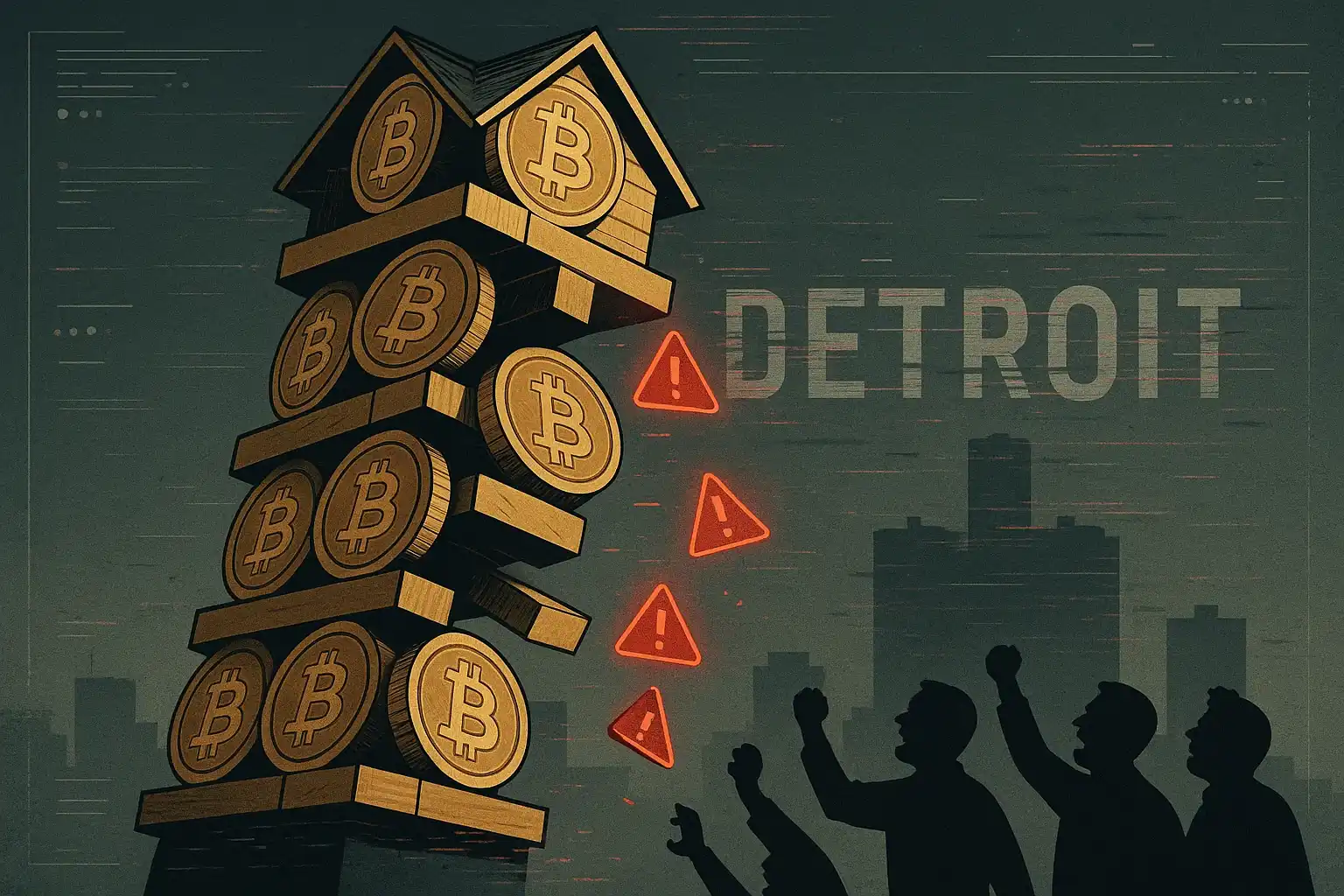Florida-based real estate tokenization startup RealT,has been suedfor offering ownership stakes in dozens of homes in Detroit that it reportedly never actually purchased.
RealT had claimed that it would tokenize shares in numerous properties in Detroit, but is now being sued for offering them for sale without ever completing the purchase.
A harsh wake-up call for RWAs?
According to sources, RealT sold tokenized shares of 39 properties located in Detroit's Eastside neighbourhood, promising token holders a rental income.
From the bids it received, RealT reportedly collected $2.72 million, more than double the total asking price of $1.1 million for all the properties, but never actually finalised the purchase of the homes.
Talking to reporters, an anonymous investor said the situation resembles 'a Ponzi or Madoff scheme', adding: 'If this is true, the whole concept of Real World Asset is meaningless. I will withdraw all my investments from RealT.'
Investigations have revealed more than 20 similar cases, while the 39 properties mentioned could be part of an even larger scheme. The city of Detroit had already filed a lawsuit against RealT for building and tax violations on 408 properties in its portfolio.
RealT does indeed own hundreds of homes in Detroit. However, many of these are vacant, dilapidated or subject to rent control (which imposes often artificially low limits on rents, drastically reducing actual revenues for token holders), and have vacancy rates up to 10 times higher than advertised.
A threat to the future of RWAs?
The growing concerns about RealT are fuelling the ongoing debate about the actual sustainability of the returns generated by RWA real estate.
Managing tens of thousands of properties - many of them problematic - in competitive and highly regulated real estate markets such as Detroit, requires local knowledge and constant property maintenance: aspects that seem to have been neglected in favour of only recruiting crypto investors.
Investors fear that promised returns have been covered with funds from new investors, in a Ponzi-scheme-like structure, with little or no real rental income underpinning.
The broader RWA sector, which has attracted billions in capital even during crypto bear markets, relies on the promise of a real safety net based on real estate assets.
But the RealT scandal is already raising questions as to how the operational and regulatory risks associated with the union of blockchain and the real estate market may concretely impact.
For now, the market is taking a wait-and-see approach, while regulators, investors and industry observers RWA closely monitor the consequences of this first, serious test case for robustness and innovation in the tokenized real estate market.








